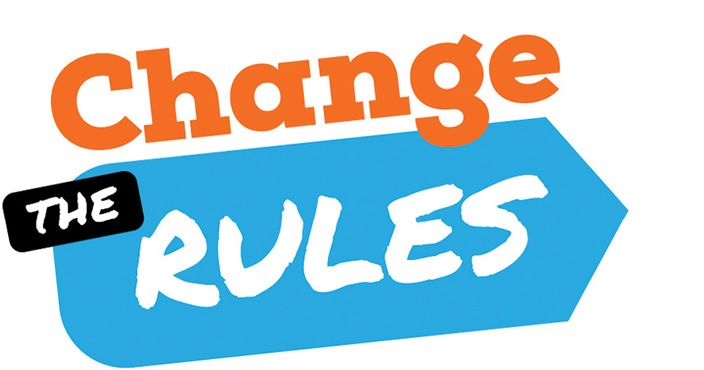
I’ve been lucky this year to participate in the Unions NSW program for mentoring ‘young’ women working in the union movement by being paired with more experienced union women.
It was great that I was still in the ‘young’ category and but more importantly, I was paired with Robyn Fortescue, Assistant NSW Secretary Manufacturing Division (Amalgamated Metalworkers Union, AMWU), a position she was elected to in 2015.
Spending time with Robyn has been an invaluable mentoring experience, shedding light on the larger union movement, but also the role women have played in the movement in general and in leadership positions, particularly in industries and sectors that are still largely dominated by men.
Robyn’s journey towards leadership positions reflects the wider barriers that women have historically faced in the workplace, barriers which historians refer to as the ‘glass ceiling’ and ‘sticky floors’.
Unionism is often associated with men, but in education, women make up over 70% of employees and of its union membership. Yet we still hold fewer leadership positions, take maternity leave for about 12-24 months per child, as well as caring responsibilities for elderly parents. All this affects our ability to access promotional positions, salary progression, superannuation and continuous professional development.
Sociologists refer to this as a woman’s double burden and it is only one of the many reasons why ACTU’s Sally McManus has launched the Change the Rules campaign, aimed at reforming inflexible and obstructive legislative work conditions that do nothing but keep women fighting for better access to the workplace and family friendly work places.
Take for example access to flexible work arrangements which under the current industrial framework is only a right to request and the employer can, on business grounds, refuse the request, leaving women choosing between careers and care, promotions and parenting.
Union women will continue to be strong, and collectively march on our journeys as partners, mothers, sisters, daughters, carers, aunties, besties, activists, and social justice warriors to make life better for the next wave of women in all of their roles.



































































































































